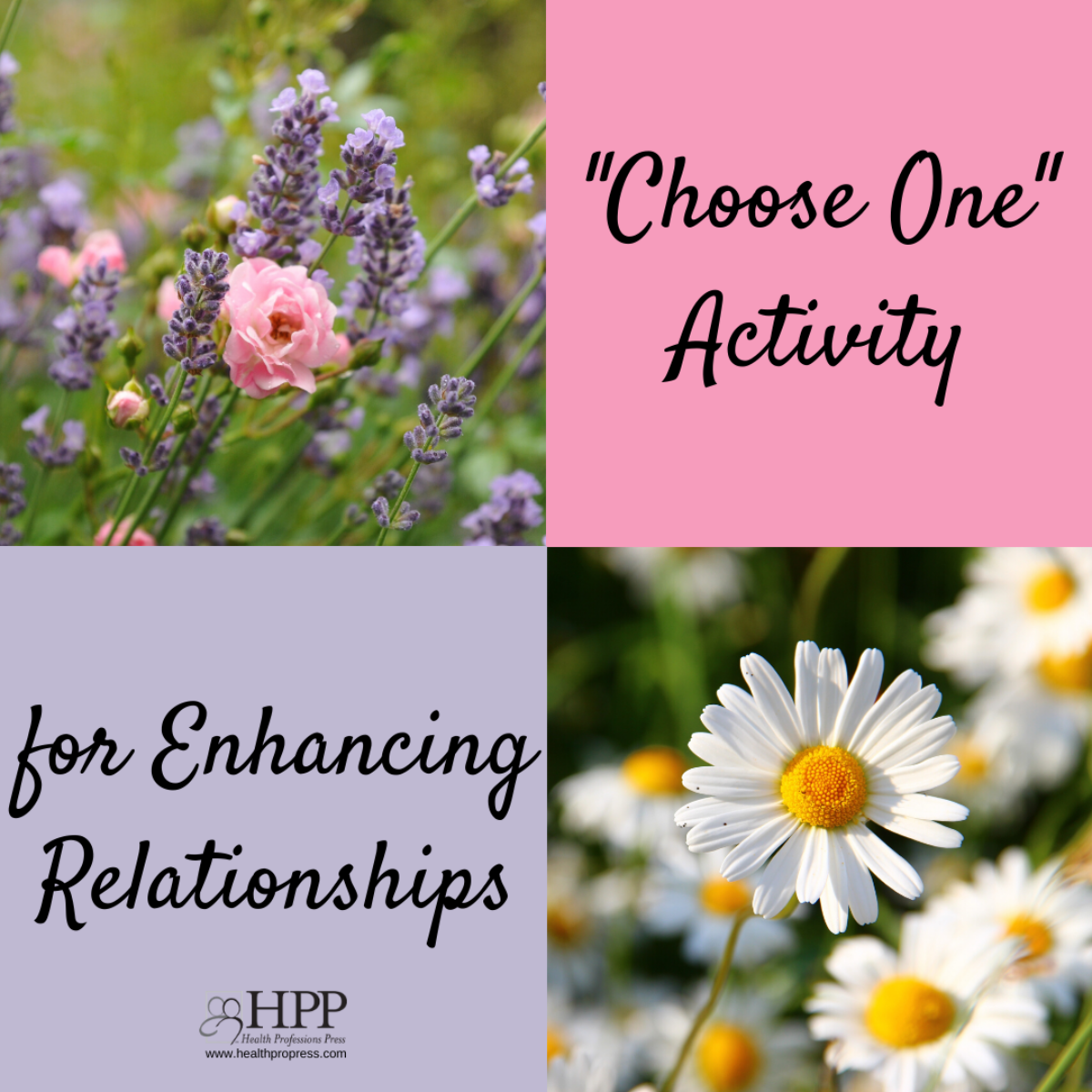
“Choose One” Exercise for Enhancing Relationships
By Kathy Laurenhue, M.A., CHP
“Choose One” is a way of learning something about the routines, preferences, and values of others by asking participants if they are more like A or B and following their answers with discussion. What follows is adapted from my book, Getting to Know the Life Stories of Older Adults.
Let’s jump right in:
Are you more of an early bird or a night owl?
If I am your caregiver or teammate, your answer will give me a clue to when you are most alert, most likely to be at your best, and the optimum time to tackle tasks and problems, especially as I draw out details about your answers—I always do.
Are you more at home in a city or in nature?
Do you prefer mental exercise or physical exercise?
These questions speak to activities likely to bring comfort to you. Some people prefer the variety and energy of a city and others the variety and peace of nature. When troubled, to distract themselves some people will turn to physical exercise—a walk, a bike ride, a chore—and others to mental exercises such as reading or word games. It’s good to know these things about yourself as well as about those you are caring for.
Are you more like a rose or a daisy?
Are you more like a kite string or a clothesline?
Are you more like a violin or a bongo drum?
These are metaphorical questions that tend to quickly reveal what people value about themselves when you ask “Why?” For example, I’m a daisy because:
- I’m simple, informal, and down to earth; what you see is what you get.
- I am flexible; I can thrive almost anywhere.
- I am cheerful and bring a smile to people’s faces.
While some people prefer roses simply because they like them better or are named Rose, many see roses as more complex. They have beauty, but they also have thorns. They come in endless varieties. The flower has many layers. Peel off a few wilted petals and you will find life there yet. In short, people who identify as roses are often saying, take time to get to know me and don’t be too quick to pass judgment, for there is more to me than you can learn with a glance.
When we know what character traits a person is proud of and wants to be known for, we will grow closer to that person if we draw those traits out. Relationships are enhanced when we show we value about others the characteristics they value in themselves.
That is the purpose of what might seem like a frivolous exercise.
A few how-to’s:
In pre-COVID days, I led this exercise in a room with everyone standing and physically moving from one side of the room to the other based on their answers to each question, because movement is energizing. If the group was less able, I let them stay seated, but gave them a colorful scarf or plastic plate to wave. This strategy can still work in a doorway activity. Plus, it creates visual beauty as well as a bit of physical exercise.
While the variety of answers and other ideas they spark is best in group settings, this exercise also works one-on-one or among families able to visit. It’s also an easy conversation starter—it also works, for a time at least, with people with dementia.
While I have never encountered anyone refusing to describe him- or herself as a flower, it can happen. If so, you can use endless other categories, such as:
- Musical instruments: drum, violin, or something else?
- Tools: hammer, pliers, drill, or measuring tape?
- Desserts: fruit and granola or hot fudge sundae?
Be creative and encourage participants to come up with their own questions.
Finally, give people a chance to give their own reasons. Roses as flowers are known for requiring a lot of pampering and nurturing, but one participant turned that on its end: “I’m a rose because I take a lot of manure* in my life.” It’s a line that many of us can relate to. *Her word was more earthy.
Exercise: Choose One
Are you:
- More of an early bird or a night owl?
- More at home in a city or in nature?
- More physical or mental in your exercise preferences?
- More like the tortoise (slow and steady) or the hare (racing along through life)?
- More of a saver or a spender? Savers, what do you save? (Many save more than money.)
- More like a rose or a daisy? (Why?)
- More like a kite string or a clothesline? (Why?)
- More like spring or fall? (That is, which do you find more comforting, spring or fall?)
- More intuitive (go with your gut feelings) or more rational?
- More like a business suit or a t-shirt and jeans? (or, for women, high heels or sneakers?)
- More comfortable on a mountaintop or in a valley?
- More like a screened porch or a picture window? (Why?)
- More carpe diem (Seize the day) or Que sera sera (What will be, will be)?
- More a hot weather or cold weather person?
- More like a violin or a bongo drum? (Or some other musical instrument altogether?) Why?
 About the Author
About the Author
Known for being both practical and lighthearted, Kathy Laurenhue is CEO of Wiser Now, Inc. She is the author of five books, dozens of online courses and webinars, and more than 1000 trivia quizzes, word games, and discussion topics. You can sign up for her free, popular weekly ezine, Wiser Now Wednesday at www.WiserNow.com, and learn more about her other work and products there and at www.WiserNowAlz.com and www.CreatingDelight.com, or write to her directly at Kathy@WiserNow.com.
Read the book!
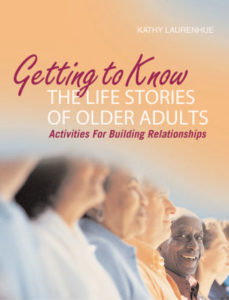 Getting to Know the Life Stories of Older Adults
Getting to Know the Life Stories of Older Adults
Activities for Building Relationships
By Kathy Laurenhue, M.A., CHP
Copyright © 2007 by Health Professions Press, Inc. All rights reserved.
This fresh look at reminiscence uses fun-filled, lively activities to help people laugh with, as well as learn from, each other. The engaging program will foster understanding and build a sense of community through meaningful interaction.
Nine in-depth group exercises and more than 30 informal mini-exercises cover broad topics such as individuals’ backgrounds, personal preferences, and social history. Games, discussion, storytelling, and other interactive methods are used to reveal participants’ unique characteristics, experiences, and interests.

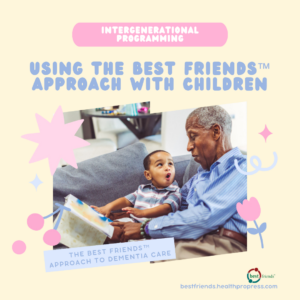
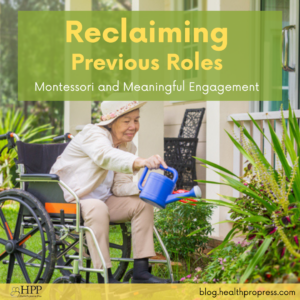
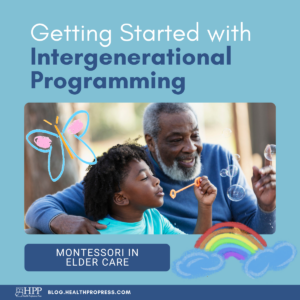
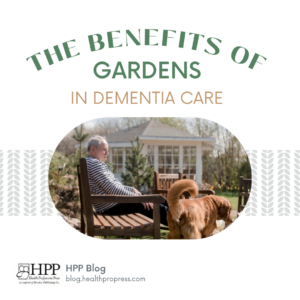
Add comment